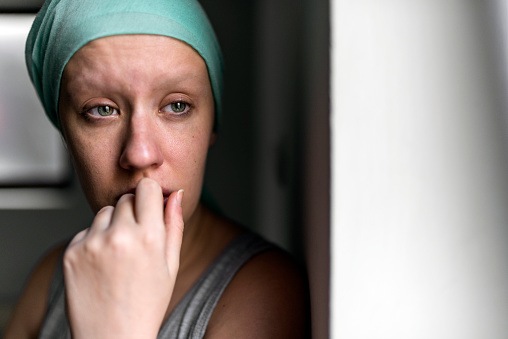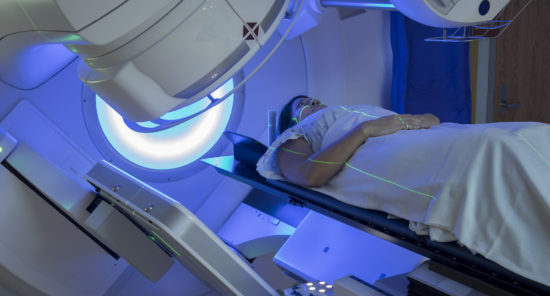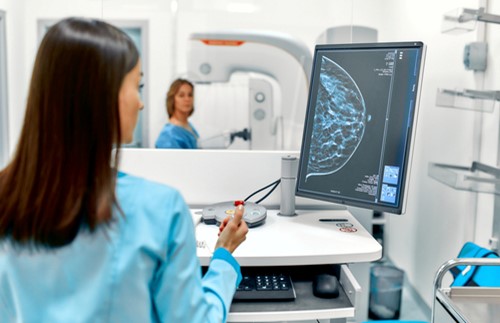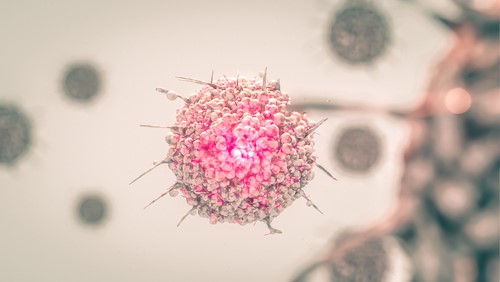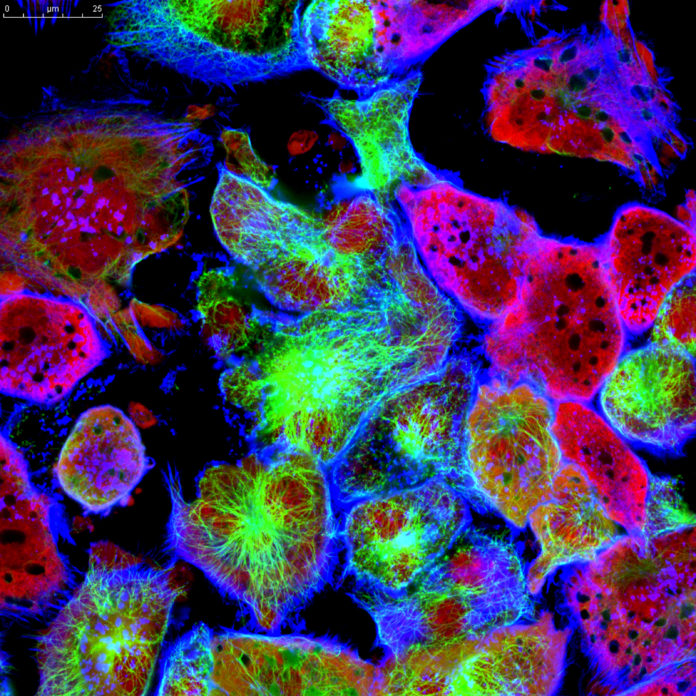A study presented at The Endocrine Society’s virtual annual meeting found that glucagon like peptide-1 receptor agonists (GLP-1 RAs), which are commonly used to treat diabetes and obesity, are not associated with an increased risk of breast cancer, despite the fact that previous studies have suggested a link.
“GLP-1 RAs can be used as adjunct to diet and exercise in [patients] with type 2 diabetes and those without type 2 diabetes and excess weight, without an increased risk of breast cancer or non-cancerous masses in the breast,” said lead researcher Giovana Fagundes Piccoli, MD, of the Universidade Federal do Rio Grande do Sul in Brazil, in a press release.
The researchers analyzed 52 randomized, controlled trials, comprising 90,360 participants. The studies compared GLP-1 RAs (albiglutide, dulaglutide, exenatide, extended-release exenatide, liraglutide, lixisenatide, and semaglutide) with non-GLP-1 RAs (diabetes and weight-loss drugs or placebo; control group) in adults with overweight, obesity, prediabetes, or diabetes. The studies had a minimum follow-up of 24 weeks and reported at least one event of breast cancer or benign breast neoplasm. The study included 48,267 patients treated with GLP-1 RAs and 40,755 controls.
The study found that GLP-1 RAs were not associated with increased rates of breast cancer or benign or premalignant breast neoplasm compared with the control group. Of the patients treated with GLP-1 RAs, 130 developed breast cancer compared with 107 controls.

